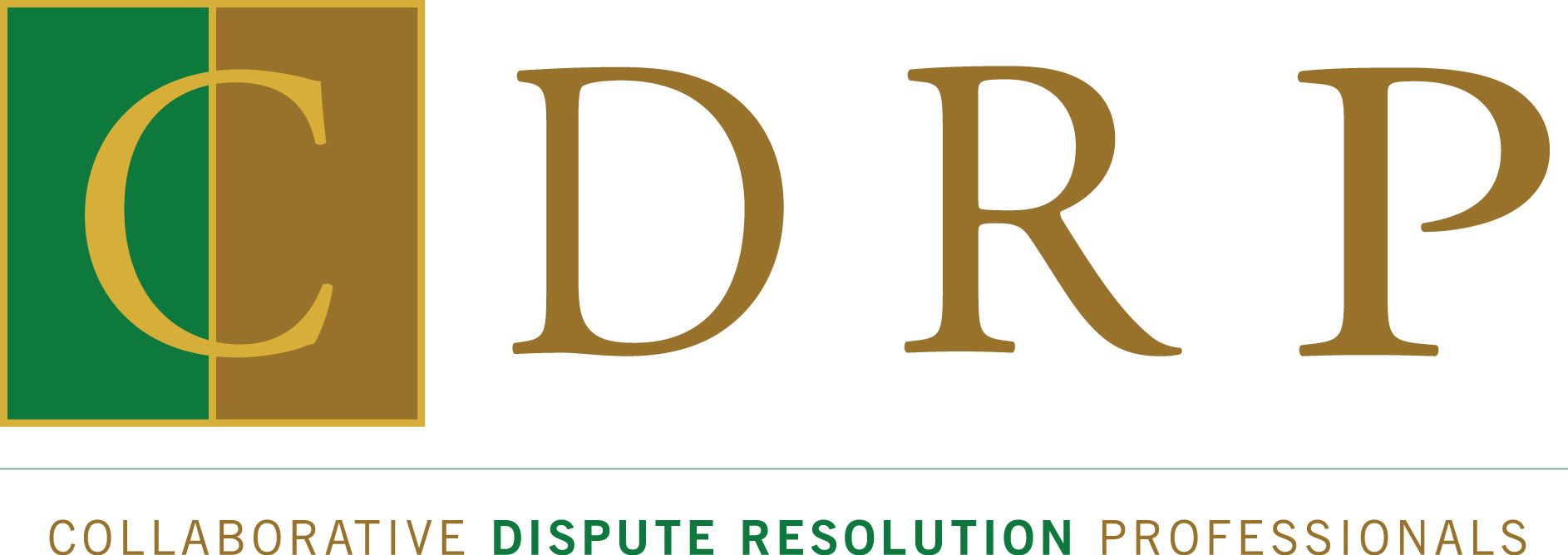Why do I need a divorce coach if I already have a therapist?
Although a divorce coach is a licensed mental health professional, the coach is not doing therapy in the collaborative process. Rather, the coach uses therapeutic skills to help you through the process; a coach will help you to get through difficult conversations and develop strategies for working through this challenging transition as constructively as possible. Needless to say, there are issues discussed at meetings that evoke pain, anger, worries and other emotions. Knowing that this is a stressful time in a family’s life, a coach can help you through this process. A coach will not only support you, but will also support the entire team.
What is the role of the Child Specialist?
The child specialist will meet with your children to give them the chance to express their thoughts, feelings and concerns. After meeting with the children, the child specialist shares the information obtained with the parents and team to inform decisions in a way that will allow the parents to better address the children’s needs.
What is a Parenting Plan?
Parents are not formally trained to be parents, let alone to become co-parents. A Parenting Plan is a guide for parents who have worked with the child specialist and/or coaches to address issues such as access, their children’s educational and medical needs, safety and security, and interpersonal needs and activities. The Parenting Plan serves as a road map providing guidance beyond the divorce, for how each parent will parent their children and how they will work together as co-parents.
How will the collaborative process help my children?
The collaborative process helps parents to address each child’s needs and challenges. The collaborative team minimizes the emotional impact of divorce on the family by helping parents to communicate in a way that perhaps they weren’t able to during their marriage. By helping parents manage their emotions and providing a “voice” for the children, the collaborative process helps parents to focus on their children’s needs and feelings instead of holding on to their anger toward each other.


